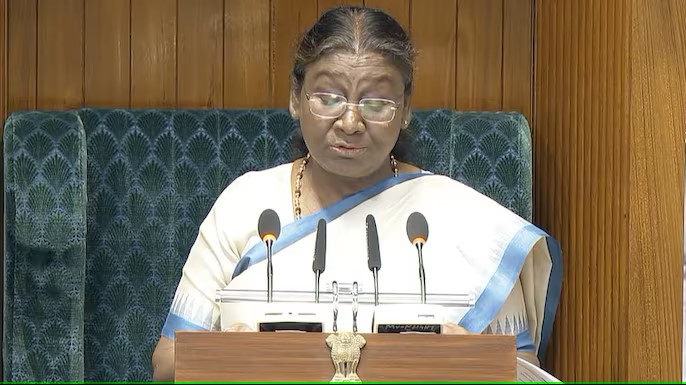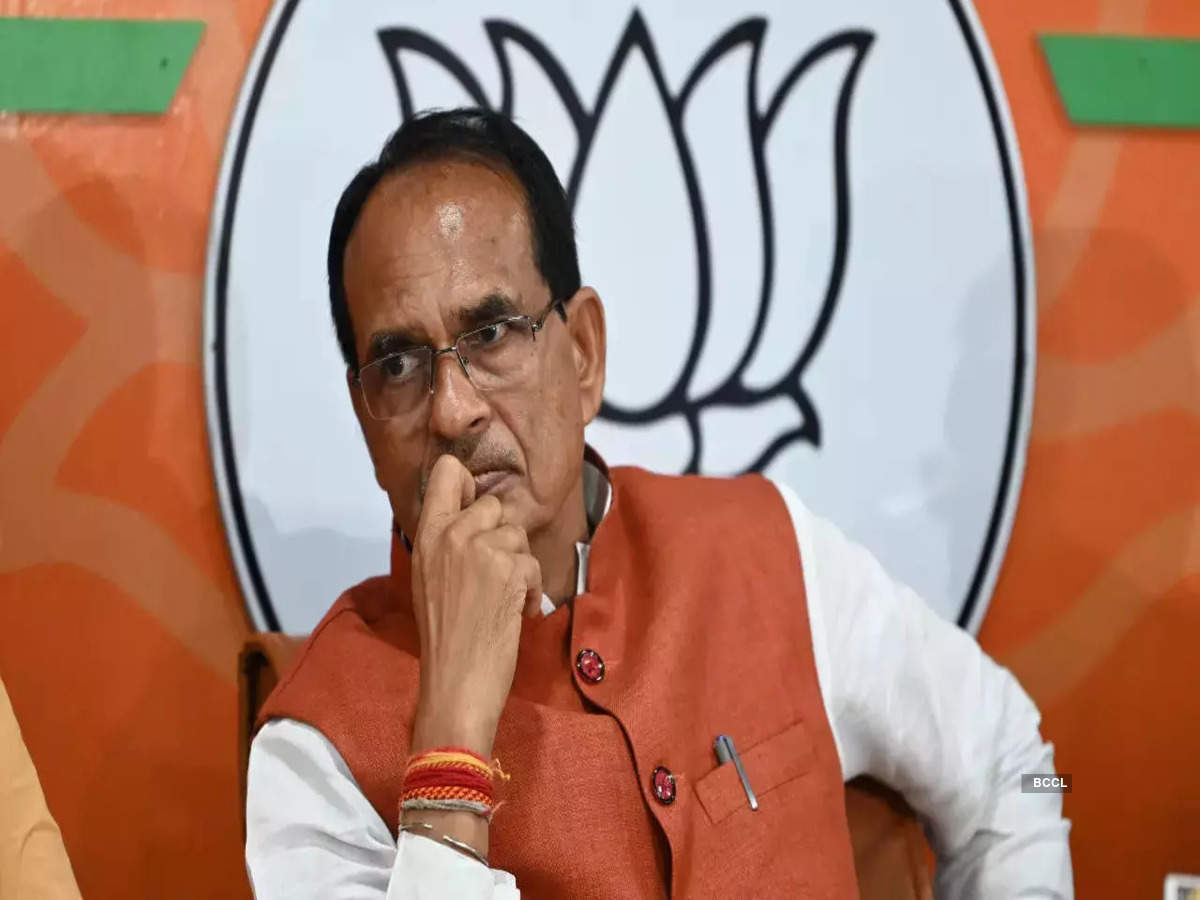In a poignant address at the National Conference of the District Judiciary, President Droupadi Murmu spotlighted the urgent need to address the so-called “Black Coat Syndrome a term she coined to describe the widespread anxiety among villagers about seeking justice due to the judicial system’s slow pace and procedural hurdles. Murmu expressed concern that the poor often avoid court proceedings, fearing that pursuing justice will only exacerbate their difficulties.

The President’s remarks came amidst ongoing criticism of the judicial system’s inefficiency, particularly in cases involving serious crimes like rape. She emphasized that delays in delivering justice erode public trust and exacerbate the suffering of victims and their families.
Murmu drew a parallel between White Coat Hypertension, where patients experience increased blood pressure in hospital settings, and the heightened stress experienced by individuals navigating the courtroom environment. She proposed that this stress be officially recognized and addressed.
Reflecting on the broader impact of delayed justice, Murmu highlighted that prolonged case resolutions sometimes extending over decades—diminish the sense of justice and fairness for the common man. She urged for systemic reforms to address these issues and improve the efficiency of the judicial process.
Prime Minister Narendra Modi and Home Minister Amit Shah have also emphasized the need for swift justice, particularly in cases of crimes against women, to ensure safety and assurance for the population.
Chief Justice of India D Y Chandrachud addressed the conference on the judiciary’s modernization efforts, noting the challenge of handling pending cases despite significant progress. He highlighted ongoing initiatives to improve case disposal rates and reduce backlogs, including filling judicial vacancies and upgrading court infrastructure.
Chandrachud also stressed the importance of creating a more inclusive and accessible judicial environment, pointing out that only a small fraction of district-level court infrastructure is currently female-friendly. He called for greater efforts to ensure that the judiciary accommodates all societal groups, including women, individuals with disabilities, and marginalized communities.
As part of the judiciary’s efforts to streamline case management, the Supreme Court has introduced a comprehensive action plan aimed at clearing long-pending cases and improving procedural efficiency. This includes forming district-level case management committees and leveraging technology to enhance judicial training and performance.
The President’s call for reform and the ongoing efforts by the judiciary aims to address these critical issues and ensure that justice is not only served but is accessible to all citizens, regardless of their socioeconomic status.




